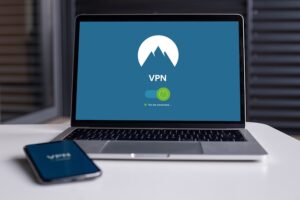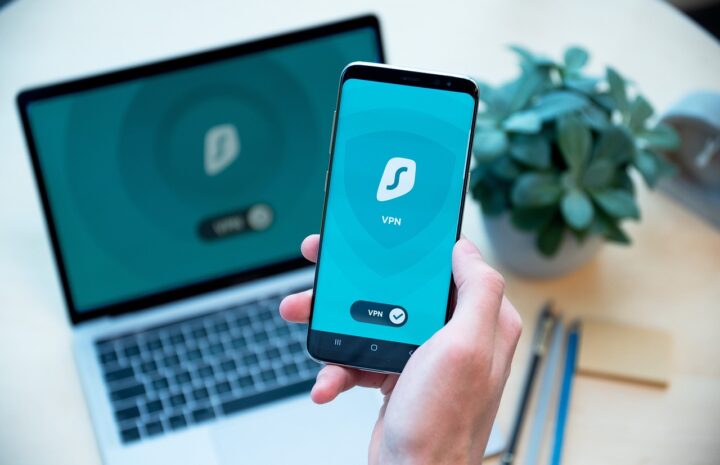In today’s digital world, where privacy and online security are becoming increasingly important, VPNs and proxies have become essential tools for internet users. However, many people often need clarification on or use the terms interchangeably. While VPN (Virtual Private Network) and Proxy offer similar functions, they differ and serve different purposes. In this article, we will dive into the details of VPN vs. Proxy, their differences, and why you should use a vpn or proxy for your specific needs.
What Is a VPN?
 A Virtual Private Network (VPN) is a technology that creates a secure connection between the user’s device and the internet by routing all network traffic through an encrypted tunnel. This tunnel protects the user’s online activities from prying eyes, such as hackers, internet service providers (ISPs), and government surveillance.
A Virtual Private Network (VPN) is a technology that creates a secure connection between the user’s device and the internet by routing all network traffic through an encrypted tunnel. This tunnel protects the user’s online activities from prying eyes, such as hackers, internet service providers (ISPs), and government surveillance.
Companies commonly use VPNs to allow employees to access their work network remotely or by individuals who want to protect their privacy while browsing the internet.
How Does a VPN Work?
When a user connects to a VPN server, all their network traffic is first routed to the server, which is encrypted. The encrypted data then travels through the internet and reaches its destination. Once the data arrives at its destination, it gets decrypted by the VPN server and sent to its intended recipient. This process ensures that all communications are secure and private.
Benefits of Using a VPN
One of the main advantages of using a VPN is enhanced security and privacy. With a VPN, all your online activities are encrypted, making it difficult for anyone to intercept or track your data. This is especially important when using public Wi-Fi networks vulnerable to cyber-attacks. Another benefit of using a VPN is the ability to bypass geo-restrictions. By connecting to a server in a different location, users can access websites and online content that may be restricted in their region.
What Is a Proxy?
A proxy server is an intermediary between the user’s device and the internet. It acts as a gateway, forwarding requests from the user to the internet and sending back responses to the user. Proxies are commonly used for web caching, content filtering, and improving network performance. They can also hide the user’s IP address and location.
How Does a Proxy Work?
When a user connects to a proxy server, all their internet traffic is first sent to the server. The server then requests the data from the internet on behalf of the user and sends it back to the user. This process makes it appear that the requests are coming from the proxy server rather than the user’s device, making it difficult for websites to track their online activities.
Benefits of Using a Proxy
One of the main advantages of using a proxy is its ability to improve network performance by caching frequently accessed content. This reduces bandwidth usage and speeds up loading times for websites. Proxies can also be used to bypass geo-restrictions, similar to VPNs. However, proxies offer a different level of encryption and security than VPNs.
Use Cases for VPN vs. Proxy
VPNs and proxies serve different purposes, so it’s essential to understand which one is suitable for your needs. A VPN would be the better option if you’re primarily concerned about online privacy and security. On the other hand, if you’re looking to improve network performance or bypass geo-restrictions, a proxy might be more suitable.
In Conclusion
 VPNs and proxies are guardians of anonymity in the digital realm, each with its strengths and use cases. While VPNs prioritize security and encryption, proxies excel in speed and bypassing content restrictions. Understanding their differences empowers users to choose the appropriate tool based on their needs, whether heightened security or seamless access to geo-restricted content.
VPNs and proxies are guardians of anonymity in the digital realm, each with its strengths and use cases. While VPNs prioritize security and encryption, proxies excel in speed and bypassing content restrictions. Understanding their differences empowers users to choose the appropriate tool based on their needs, whether heightened security or seamless access to geo-restricted content.

